Ukraine, Russia war hits close to home for staff member
photo or infographic by courtesy of Alina Planchard
FLASHBACK. In winter 2004, world geography teacher Alina Planchard at 10 years old and her aunt in one of the central parts of Kharkiv, Ukraine. Planchard’s aunt is still in the Ukraine.
Ukrainians went from living a normal life to a new nightmarish reality when Russia began invading in late February. The dilemma seems so far away, but there are staff members who have connections to those in the Ukraine.
World geography teacher Alina Planchard immigrated to America from Ukraine. According to Planchard, leaving family behind was an eye-opening experience. The message she wants to spread is clear: students should care about those in crisis.
“I lived in the Ukraine until I was 10,” Planchard said. “The experience of immigrating was a real culture shock. Having lived most of my life in the U.S, I kind of feel torn between the two different worlds. It’s been a process meeting people I didn’t think I would meet.”
Planchard still has family in the Ukraine who tell stories of war. Since Russia invaded, there are a lot of tales to tell.
“The difference before and after Russia began invading is like night and day,” Planchard said. “Overnight the unthinkable happened. Ukraine went from a relatively flourishing country day-to-day, and has turned into a place where people hide in basements, bunkers and subways being scared for their lives. This is something nobody has experienced since World War II. It is like something out of a movie.”
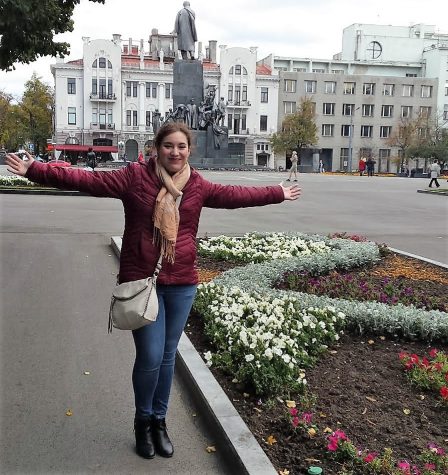
According to Plachard, her family being in unsafe conditions is difficult. It’s hard to not feel regretful for leaving.
“It’s challenging feeling a lot of guilt that I’m here, and they are there,” Planchard said. “There’s not a lot I can do but support them emotionally and still make sure they have a connection to the outside world. What they are experiencing is 1,000 times worse than anything they have before.”
Ukraine is thousands of miles away. According to Planchard, this may make it difficult for students to learn about Ukraines way of living.
“Many of my students are really interested about what’s going on, and actively ask me questions about what is currently happening with my family,” Planchard said. “Ukraine is a beautiful country with a rich history and culture, and it is bittersweet for me that some of my students only get to learn about it in the context of war.”
Planchard wants to inform students on Ukrainian culture. Getting students to show support is the main goal.
“Me and other World Geography teachers try to encourage our students to stay informed about current events,” Planchard said. “I would love to motivate all students to explore Ukrainian foods, music, films, history, literature etc. It is much easier to feel a connection towards a group of people once you find value in elements of their culture and what they stand for.”
Students could show support for Ukraine in a number of ways. On March 11. The Montgomery County Veterans Memorial Commision is hosting a Montgomery County Stands With Ukraine event. Wildkats can attend the assembly at 11 a.m. at the Montgomery County Veterans’ Memorial Park. The nation’s flag and special lighting will be used to show support.
“If people feel inspired to spread the word about what’s going on, getting informed is the most important part,” Planchard said. “Use reliable information and try to donate where you can. Students can help millions of refugees in Ukraine. They need it.”
Your donation will support the student journalists of Willis High School. Your contribution will allow us to purchase equipment and cover our annual website hosting costs.



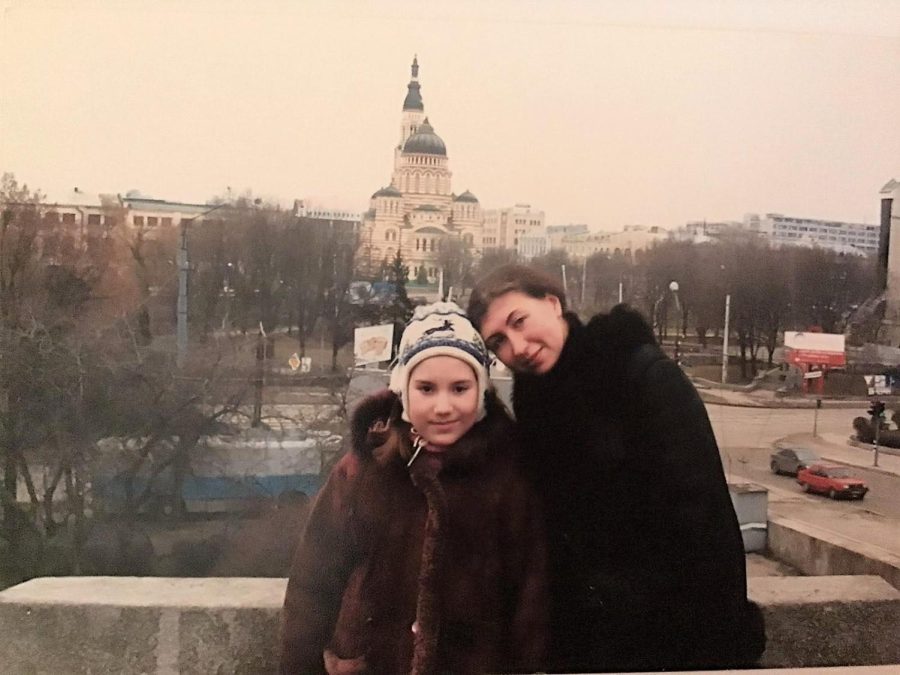
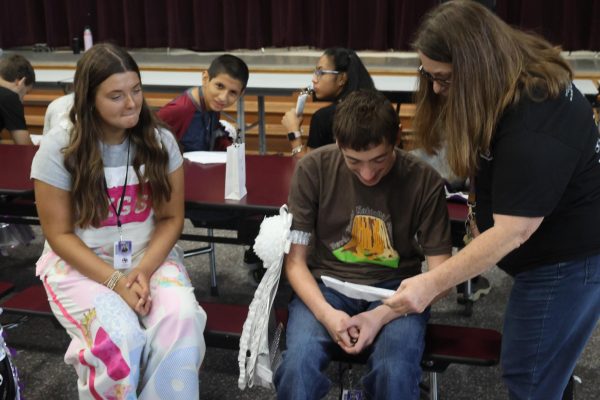
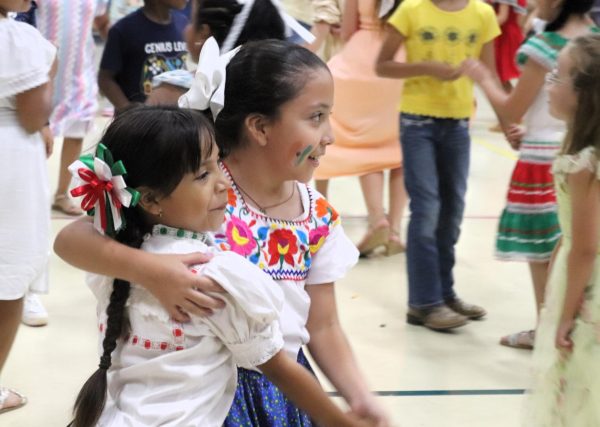
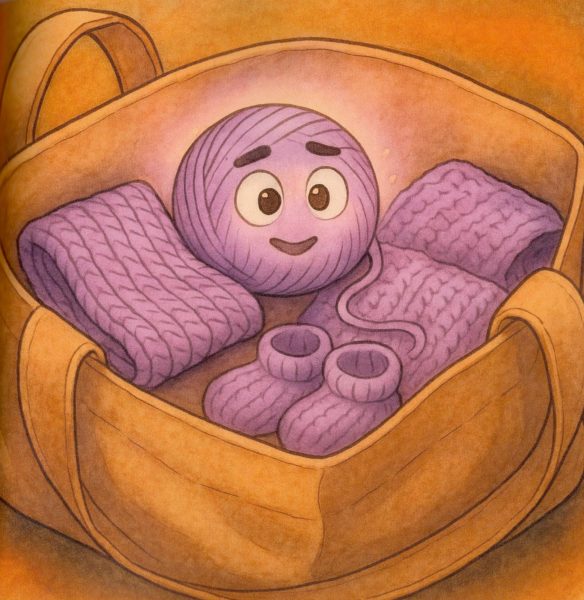
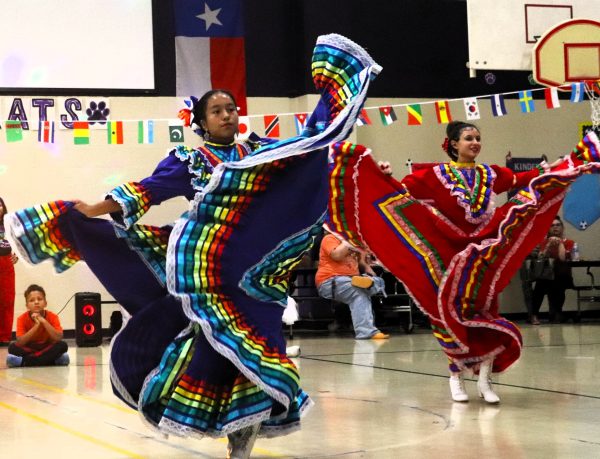

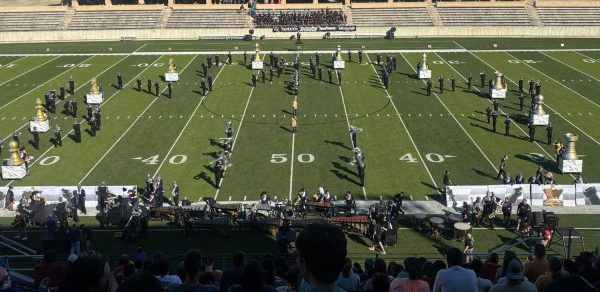
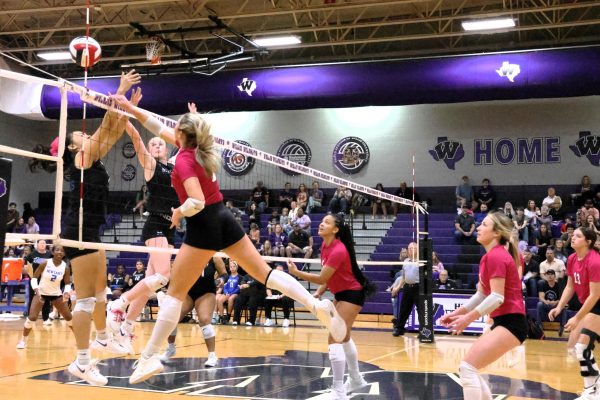
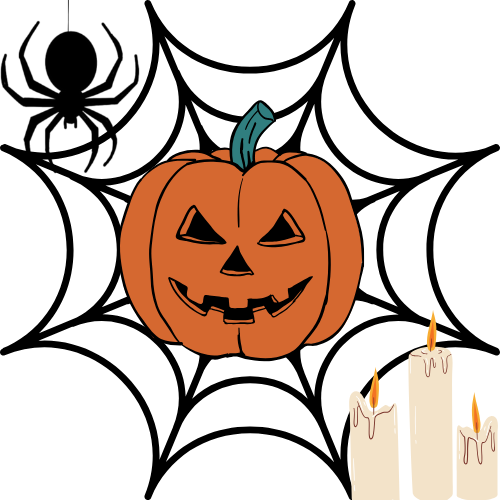
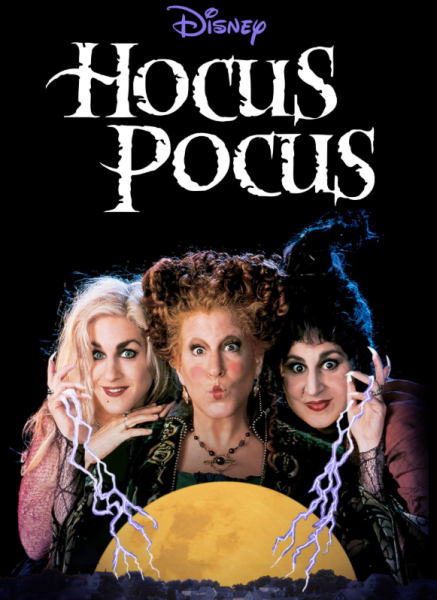
Barbara Myers • Mar 10, 2022 at 3:14 PM
This article was informative and interesting. Good job Stone!